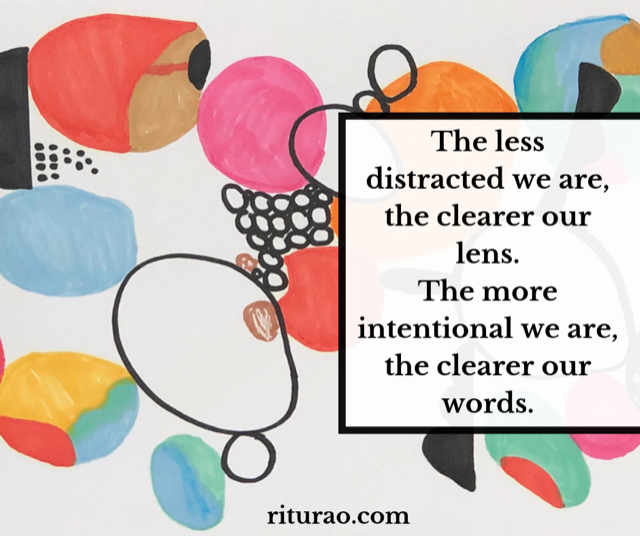
Numbers are specific.
A 5 is always going to be a 5, whether I ask you what’s the sum of 2+3, or what comes next after 4. When I say 5, you know exactly which number I’m talking about.
Words, on the other hand, can mean different things depending on how you use them.
“Oh really?” can be a polite question, a condescending sneer, or a playful quip. In the arms of a good comedian, it can be all three at once.
The same set of words can deliver support or incite anger, delight or deflate, enchant or disappoint. In the mind of a sensitive teenager, it can be all six at once.
Numbers don’t have to contend with things like tone, pitch, or intention. And let’s not forget context, where words can mean more than one thing.
Even in a face-to-face conversation, there’s plenty of wiggle room.
The more we insist on convenience and speed—like texts and emojis and likes—to carry the weight of building relationships (instead of maintaining them, where they’re more useful), that room gets even wider.
And between a comedian and a sensitive teenager, it just might be the widest.
Words hold a different value than numbers. They cannot be measured the same way; they can only be felt and understood and exchanged via our individual lens.
The less distracted we are, the clearer our lens.
The more intentional we are, the clearer our words.
Words are not a numbers game, and never have been. They’re still the primary way we communicate human to human. Your words matter and carry an impact.
The effort to proceed with that context and intention alone makes you a 10.
Leave a Reply